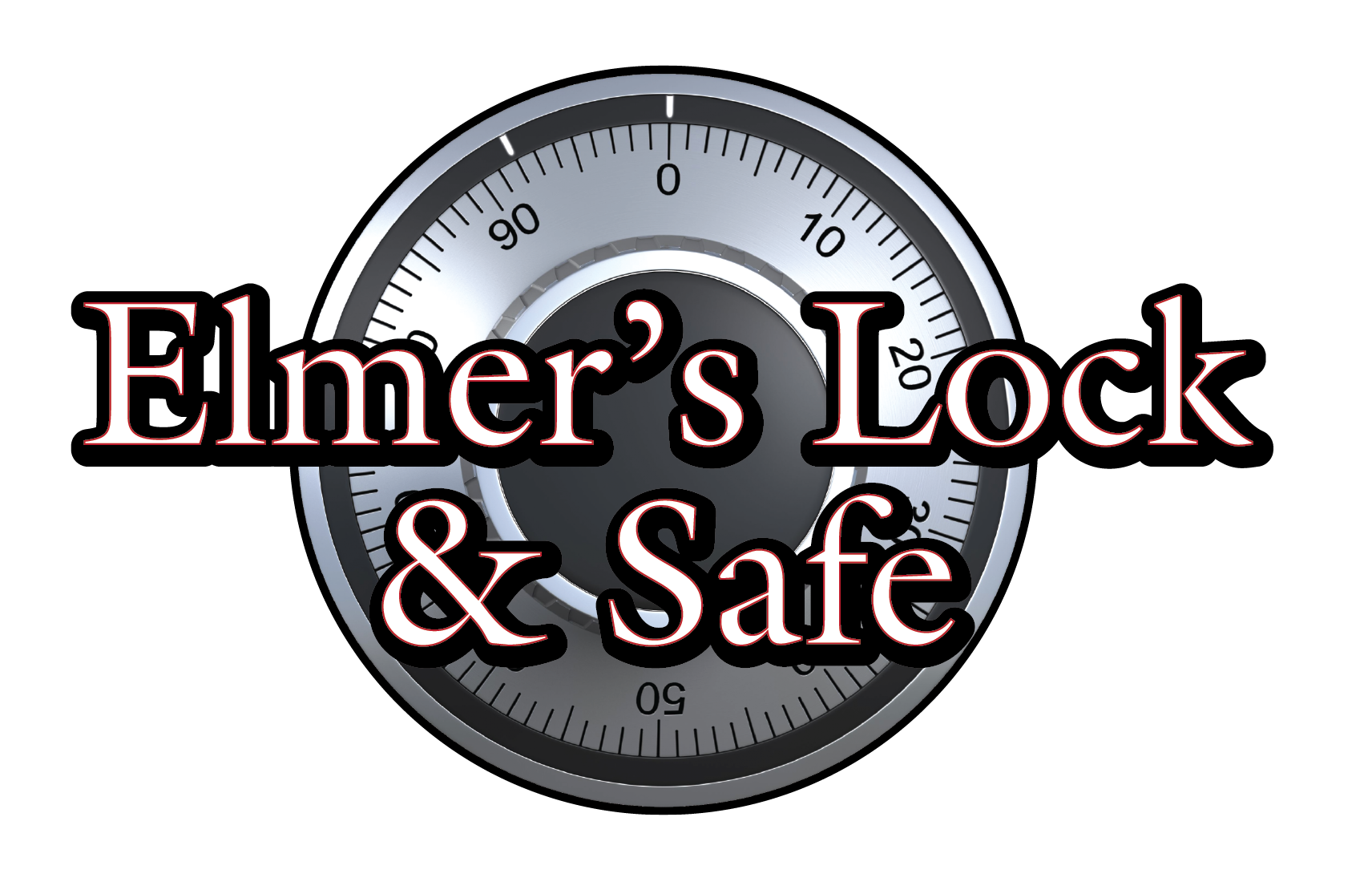What Landlords and Renters Need to Know about Changing the Locks
Since renters are 85% more likely to experience a home burglary than homeowners, renters and landlords should work together to make sure a rental is as secure as possible, starting with the locks.
One of the best ways to prevent break-ins is by installing deadbolt locks on all exterior doors and here’s how to choose a good lock:
First, renters and landlords should sign leases that ensure “habitability,” which includes provisions for locks in most states. The lease or move-in document should list how many keys the landlord gave the renters when they moved in. The landlord might add a provision to the lease that prohibits a renter from changing the locks unless the landlord gives permission and gets a key.
Landlords should always have a key to the property in case of an emergency. They might need to make a repair—or give repair people access to the property—if the renter isn’t home. (Only after the landlord gives the renter proper notice.)
Upon move in, renters shouldn’t plan to get the keys until their landlord has collected (and cashed) a deposit and any pre-paid rent.
Since landlords are responsible for the security of the property, they should change (or “rekey”) the locks between every set of renters. When Lucas Hall, founder of Landlordology, got into property investing, he didn’t change the locks even though his renters changed. That’s not something he recommends.
“At the time, I didn’t know any better,” he says. “But now I realize how foolish it was. I was really lucky nothing bad happened.”
Even if renters return all keys to the landlord, there’s no way of knowing if they made extras. The only way to ensure a rental is secure for the new tenants is by changing the locks. Landlords should consider installing “smart key” technology, which lets landlords rekey the locks by themselves in seconds. Otherwise, a pro can do the job for about $100-$200.
In most states, rekeying the locks between renters isn’t a legal requirement. Renters, ask your new landlord if the locks have been changed. If they say no, ask if you can do it yourself. Then be sure to give them a key.
When renters move out, they should give the landlord the exact keys they received during move-in and be straightforward about whether or not they made any copies. If the landlord provided the renters with two original keys, then two copies are returned (minus the originals), the landlord will know copies were made.
A renter leaves early and changes the locks
Let’s say a renter pays rent through the end of the month, but decides to move out early. If they change the locks without asking the landlord for permission, does the landlord have the right to change the locks if there’s nothing about it in the lease? It depends.
Landlords can ask the tenant to change the locks back, but if a renter doesn’t respond, the landlord has to wait until the lease’s end date to rekey the property.
Sometimes, the landlord can change the locks as long as they let the renter know. If they do that, they also need to offer the renter an extra key so the renter can enter the property until the lease ends. (The renter would need to return the key on or before that date.) Laws about this situation vary by state, so check your state’s laws.
What if a renter wants to make copies of the key? Renters, talk to your landlord first. If your lease says you can’t make copies, your landlord will probably abide by that document. If you make copies anyway, you’re violating the lease.
What if a renter loses their key? Lost keys could be anywhere and in any hands. The landlord should immediately rekey the locks to keep the property secure. Usually a landlord will charge the tenant for the rekey process.
Locks and keys are an important part of keeping a home safe. Be sure to sign leases with details about keys, which protects landlords and renters. Landlords, plan to rekey the place, especially between renters.

